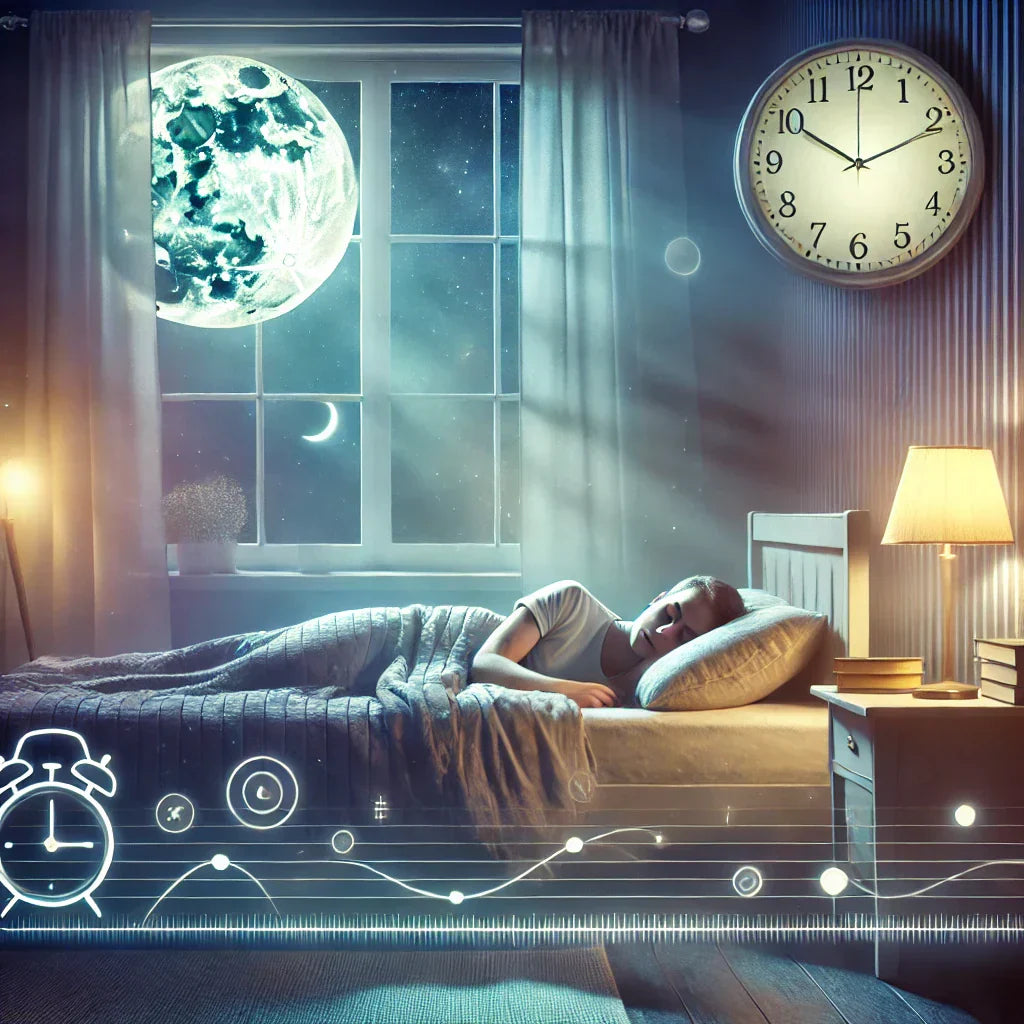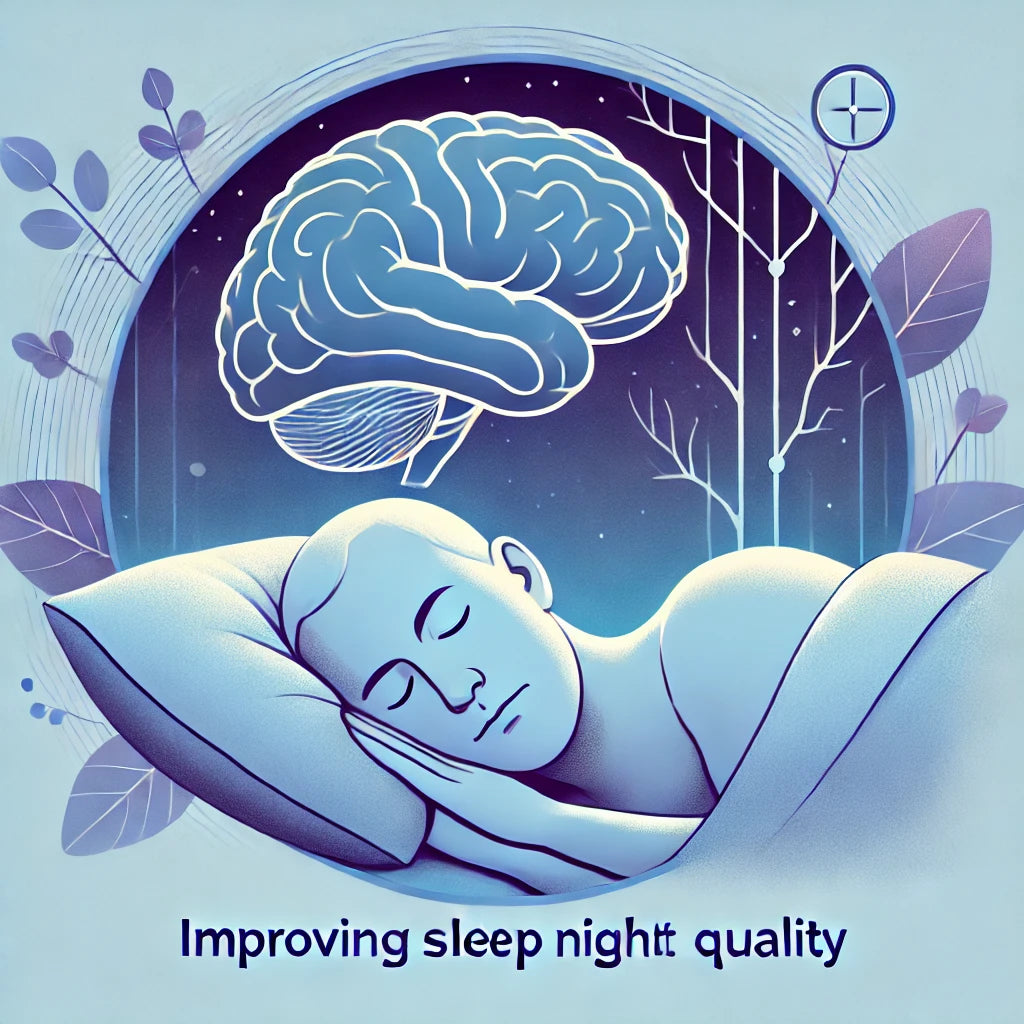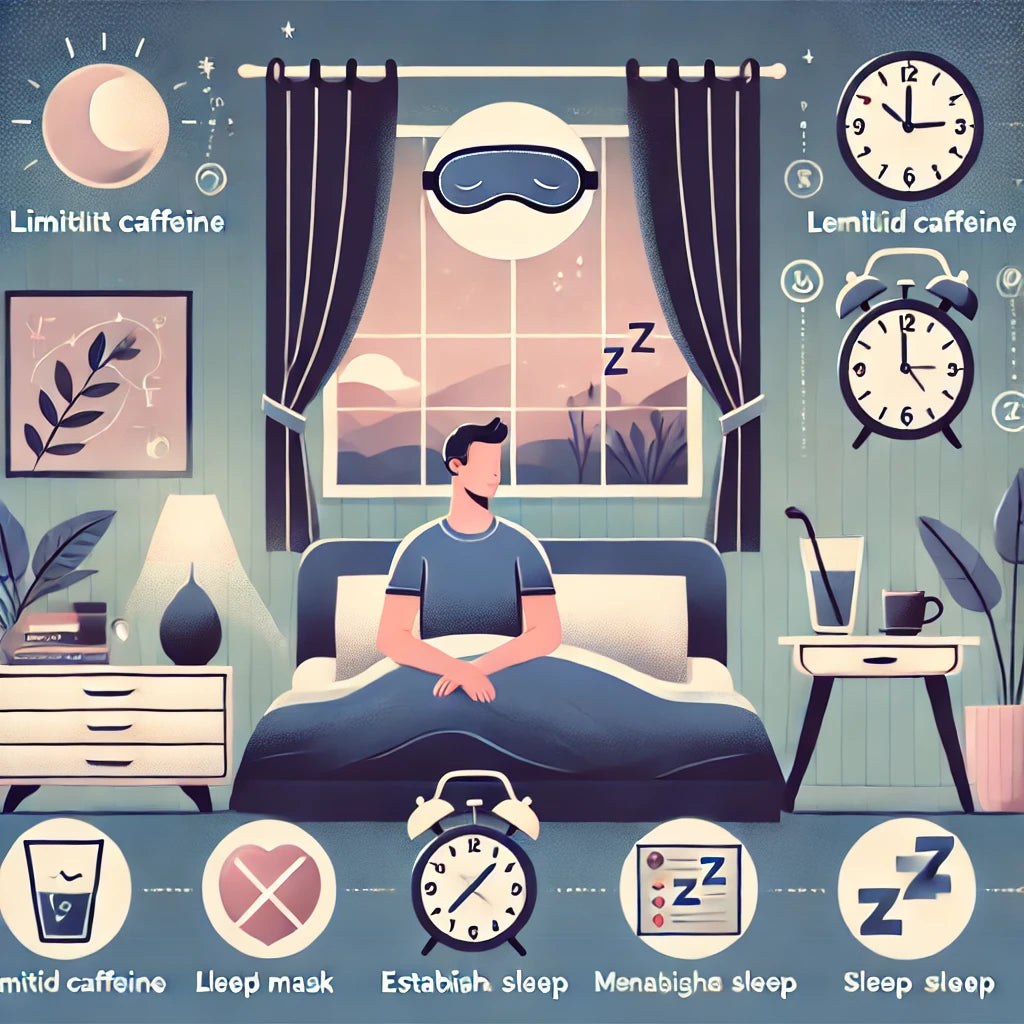News — sleep tips
Say Goodbye to Sleepless Nights: Understanding and Treating Insomnia
better sleep cognitive behavioral therapy for insomnia healthy sleep habits insomnia natural sleep remedies sleep disorders sleep hygiene sleep tips sleepless nights treating insomnia
Insomnia is a common sleep disorder affecting millions of people worldwide. It not only disrupts sleep but also significantly impacts overall well-being, productivity, and mental health. In this comprehensive guide, we delve into the causes of insomnia, its effects on daily life, and effective treatment strategies.
Whether you are a beginner seeking basic tips or an experienced reader looking for advanced insights, this article provides supportive and practical advice to help you finally say goodbye to sleepless nights.
The Power of Deep Sleep: Why It's Crucial for Your Well-being
benefits of sleep deep sleep deep sleep health deep sleep science importance of sleep restful sleep sleep and recovery sleep cycles sleep tips sleep well-being
Sleep is one of the most critical pillars of health, yet it is often the most neglected. Within the realm of sleep, deep sleep stands out as a key phase where much of the restorative magic happens. Deep sleep is not just about resting your body; it is essential for cognitive function, emotional health, and physical recovery.
Despite its importance, many people struggle to achieve adequate deep sleep due to busy lifestyles, stress, or poor sleep habits. This article explores the science of deep sleep, its profound impact on well-being, and actionable strategies to help you unlock its full potential.
Improving Sleep Quality in People with Parkinson's Disease
better sleep improving sleep in Parkinson's insomnia Parkinson's disease Parkinson's disease treatment Parkinson's medications Parkinson's sleep problems REM sleep behavior disorder restless legs syndrome sleep apnea sleep quality sleep routine sleep tips
Parkinson’s disease (PD) is a neurodegenerative disorder that affects movement, but one of its lesser-known challenges is the impact it has on sleep. Many people with Parkinson's experience sleep disturbances, which can exacerbate daytime fatigue, cognitive difficulties, and overall quality of life. Problems such as difficulty falling asleep, frequent awakenings, vivid dreams, and restless legs syndrome are common in Parkinson’s patients. Poor sleep not only worsens motor symptoms but can also lead to increased anxiety, depression, and mood instability.
Improving sleep quality in people with Parkinson’s disease requires a multifaceted approach that addresses both physical and environmental factors. By identifying specific sleep-related issues and implementing strategies such as adjusting medications, creating a restful sleep environment, and utilizing relaxation techniques, people with Parkinson’s can significantly improve their sleep patterns. This guide explores the common sleep challenges associated with Parkinson’s and offers practical tips for managing them.
What Sleep Hygiene Tips Work Best for Shift Workers?
circadian rhythm managing sleep melatonin physical activity relaxation technique sleep disorders sleep environment sleep hygiene sleep quality sleep schedule sleep tips social support strategic napping stress reduction
Shift work is an essential part of many industries, from healthcare to transportation. However, it comes with its own set of challenges, particularly when it comes to maintaining healthy sleep patterns. Irregular work hours can disrupt the body's natural circadian rhythms, leading to sleep disorders, fatigue, and other health issues. For shift workers, adopting good sleep hygiene practices is crucial for ensuring adequate rest and maintaining overall health. This article will explore the best sleep hygiene tips for shift workers, offering practical strategies to help them achieve better sleep and improve their quality of life.




